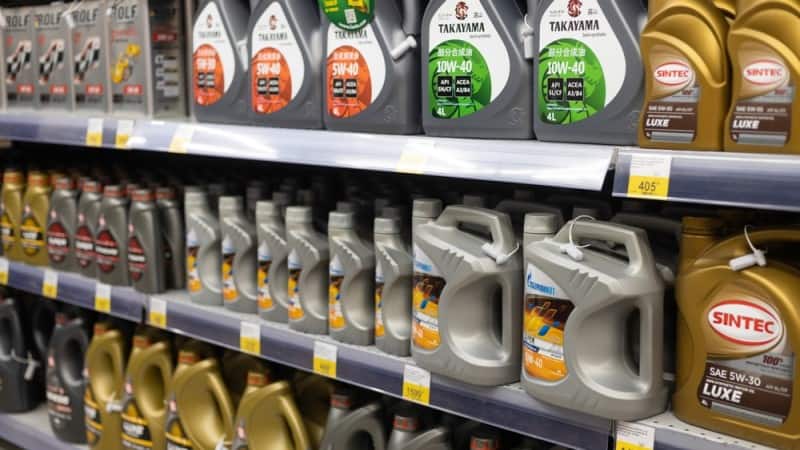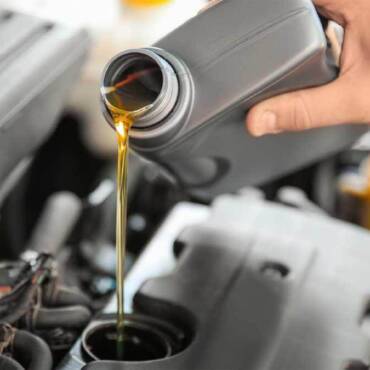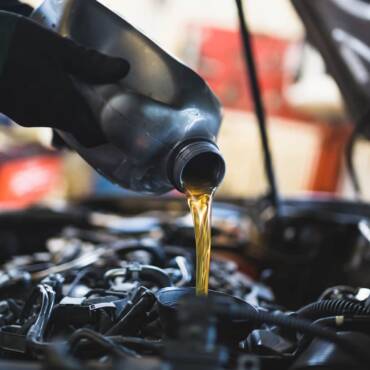Engine oil is a crucial component for the smooth functioning of cars and other motor vehicles. Its primary role is to reduce friction inside the engine, acting as a lubricant and minimizing mechanical wear. However, like any product, engine oil has a shelf life, and understanding its expiration is essential for optimal performance.
If your engine oil has been sitting on a shelf in your garage for an extended period or your vehicle hasn’t been in use for a while, you may wonder if engine oil can indeed expire.
Does Engine Oil Expire?
Yes, engine oil does expire. In most cases, engine oil lasts between 2 and 5 years. Several factors contribute to the longevity of engine oil, including additives and storage conditions.
Factors Affecting Engine Oil Shelf Life:
- Additives:
- Motor oil contains additives to extend its lifespan. Quality oil with all necessary additives can last 2-5 years, while cheaper alternatives may only last 1-2 years.
- Storage:
- Proper storage is crucial. Extreme temperatures can break down the viscosity of the oil. Humidity can cause condensation, leading to the formation of insoluble particles and sludge. Freezing temperatures may result in sediment formation.
- Exposure:
- If the oil bottle is opened, exposure to oxygen can lead to oxidation, reducing the oil’s shelf life.
Ideal Storage Conditions:
To ensure your motor oil stays fresh as long as possible, follow these storage tips:
- Don’t open the bottles until you’re ready to use them.
- Store the bottles at an optimal temperature between 40 and 85 degrees Fahrenheit.
- Keep the oil in a dark place, such as a cupboard in the garage.
Expiration Date:
Check for an expiration date on the motor oil bottles. While not all brands include this information, it’s the best way to determine if the oil is still good. If it’s past the expiration date, it’s advisable to recycle it.
Synthetic Oil:
Synthetic oil differs from conventional oil due to additives and longer hydrocarbon chains, offering improved characteristics and a longer lifespan. While it lasts longer than conventional oil, synthetic oil still has a shelf life, typically around 8 years if unopened.
Conclusion
Using expired motor oil in your engine can lead to inadequate lubrication, risking premature engine wear. If in doubt, it’s better to invest in fresh oil. Regularly check the expiration date on oil bottles and store them appropriately to maximize their effectiveness. Remember, the key to a well-functioning engine is quality oil and proper maintenance.




